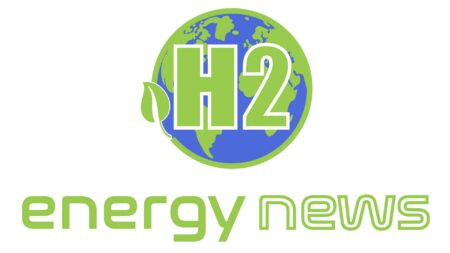With Holthausen Clean Technology Investments, a private limited liability company incorporated in the Netherlands, Hyzon Motors has agreed into a common stock purchase agreement.
Browsing: Vehicles
By the middle of 2023, GP Joule in Reußenköge, Schleswig-Holstein, hopes to have the first of 5,000 hydrogen lorries on German highways.
As part of the 1,000-unit order for hydrogen trucks that was previously signed with Sino-Synergy Hydrogen Energy Technology, XCMG has delivered a batch of 100 hydrogen-fueled trucks to the end client Mengxi Zhenghe Group. These trucks will help with the group’s construction of a mine near Ordos in China’s Inner Mongolia autonomous region.
Vehicles with electric or hydrogen propulsion are made by Quantron. The USA client has placed a billion-euro order with the business.
Another commissioning service operation vessel (CSOV) that Gondan Shipyard is constructing for the Norwegian shipowner Edda Wind has been launched at its shipyard in Figueras, Spain.
Together with Dongfeng Liuzhou Motor Company, a division of Dongfeng Motor Group Company, and Shenzhen Guoqing New Energy Technology Company, MingZhu, which operates a fleet of more than 1,500 trucks and serves 29 regions across China, aims to roll out 700 hydrogen fuel cell vehicles by the end of the year.
Although it’s not yet known if hydrogen fuel cell vehicles will be sold, the German company BMW is still making a small number of its “hydrogen” model BMW iX5, according to DPA.
The English Forge Design, the “mother” of a restomod that preserves the elegance of the Berlinetta while incorporating modern touches and a revolutionary new engine that retains the V12 fractionation but looks to the future: hydrogen, has brought the Ferrari SWB back today.
Faurecia, a Group FORVIA, Michelin, and Stellantis firm, has begun exclusive discussions for Stellantis to purchase a significant stake in Symbio, a leader in zero-emission hydrogen mobility.
In the instance of the license given in May 2022 to the Canadian CHARBONE HYDROGEN and criticized since then by the latter, GAUSSIN has commenced arbitration proceedings.


